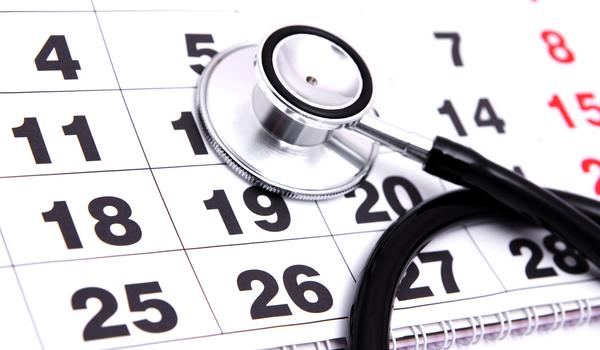What happens after treatment?

When your treatment finishes, a new chapter will open in your cancer survivorship: follow-up care. What you can expect during follow-up will depend on your type of cancer, your treatment, your overall health, and possible treatment-related health problems.1
Your specialist or family doctor should be able to provide you with details of your follow-up care, or your survivorship plan, specifically:
- Who you will see, and how often1,2
- What tests (if any) will be performed1,2
- What drug treatments you may still need1
- What you can do to maintain your health (e.g. a special diet)1,2
When treatment ends, it is important to ask your doctor about:3
- Potential short- or long-term health problems that you may have following treatment
- How you can recognise these problems, and what you should do if you notice them
The aim of follow-up is to spot any changes in health, and take action if needed. The doctor will check for recurrence of the original cancer, check that it has not spread to other parts of the body, and try to help with any ongoing health issues caused by the cancer or its treatment.1
You may have follow-up appointments every 3–4 months in the first 2–3 years immediately after treatment ends, then appointments every 6–12 months after that.1
Here are some things about which you might like to talk to your doctor during your follow-up appointment:1
- Symptoms you are having that might show that your cancer has returned
- Pain you are experiencing
- Physical problems that interfere with your daily life (e.g. fatigue, or difficulty concentrating)
- Any medicines, vitamins, herbs, or other treatments that you are taking
- Emotional or psychological issues, such as anxiety or depression
- Any developments in family medical history, such as a newly diagnosed cancer in a relative